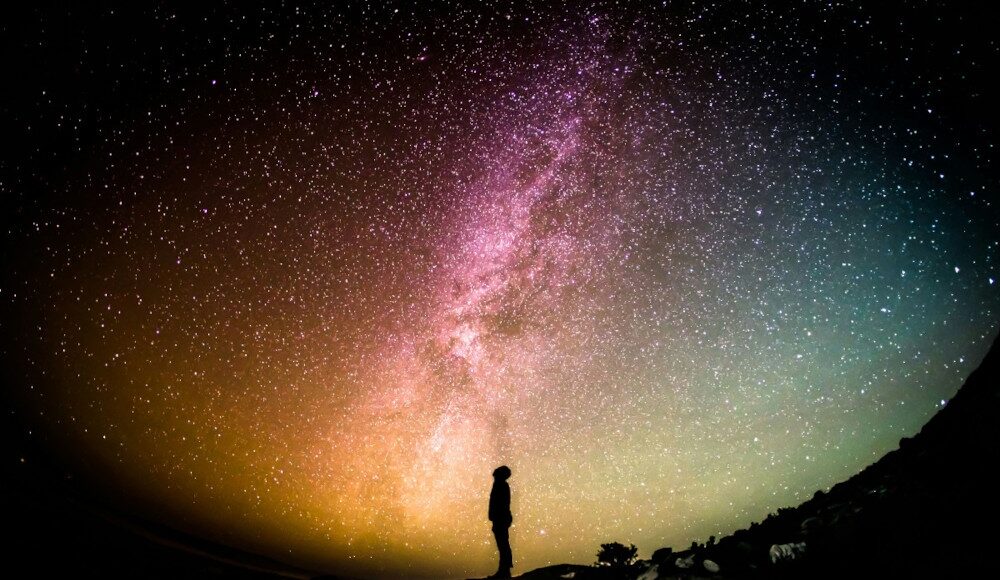JULY 10 — Not long ago, I was in the dentist waiting room at the Faculty of Dentistry, flipping through an old issue of Reader’s Digest — the kind where the pages feel like they’ve passed through many hands. Somewhere in the middle, I came across a short piece on Planet Vulcan.
Not the Star Trek kind, mind you. This Vulcan was a theoretical planet once believed to orbit between Mercury and the Sun. In the 19th century, French astronomer Urbain Le Verrier noticed that Mercury’s orbit didn’t behave the way Newtonian physics said it should. The math didn’t add up. So he hypothesised another planet — Vulcan — to explain the wobble.
For decades, astronomers looked for it. They believed it was there. Until 1915, when Einstein’s theory of general relativity offered a different explanation. Mercury wasn’t being tugged by some hidden mass — spacetime itself was bending under the gravity of the Sun. Vulcan quietly vanished, not with drama, but with understanding.
And that stayed with me.
There are so many things around us that we do not know yet. — Unsplash pic
Why? Because for almost fifty years, people searched the skies for something that wasn’t there. Not because they were foolish, but because they were following the best story available at the time. And when a better one came along, they moved on.
It’s a reminder that science, for all its rigour, isn’t about final truths. It’s about our best attempt at understanding, for now. And when the understanding deepens, the story changes. That doesn’t make the old story worthless — it means we’re still learning.
That shift matters. Especially for those of us who work in science. We like to think we’re chasing certainty, but often, we’re narrating the evolving shape of what we think we know. The formulas and theories, the charts and conclusions — they’re chapters. Not endings.
There was a time in my life when I saw science as a vault of fixed answers. But the story of Vulcan reminded me that knowledge moves — and that movement is not failure. It’s growth.
Even our most accepted ideas today might one day be reframed. Not discarded, but seen differently. Quantum mechanics, for example, was once viewed as too strange to be useful — yet it now forms the basis of the smartphones in our pockets (movement of electrons in semiconductors is based on quantum physics). Flight was long considered a fantasy, until the Wright brothers proved otherwise (flapping wings were thought the only possible way to fly). And in hospitals, something as basic as handwashing was once ridiculed, even as it quietly saved lives — until science caught up and proved Dr Semmelweis right (he suggested doctors to wash their hands when going to different parts of hospitals in 1840s, long before bacteria and viruses were discovered). We forget how many of our current realities were once seen as impossibilities.
And that’s why storytelling matters. Not the embellishment of fact, but the craft of carrying curiosity. The willingness to hold a narrative loosely, knowing it may shift. Scientists, teachers, students — we’re not just collecting data. We’re passing along a torch: here’s what we’ve seen so far. Now go ahead and explore more of the darkness ahead.
I think often about the question my son once asked after watching Marvel’s Avengers: Endgame: “Is time travel real?” Part of me wanted to say no. But then I paused. Maybe not yet. And maybe that pause is the real answer. The door isn’t closed — it’s just not open yet.
Rumi once wrote, “Beyond ideas of rightdoing and wrongdoing, there is a field. I’ll meet you there.” To me, that field is where science and wonder overlap. Where we speak not in absolutes, but in possibilities.
So, if you’ve ever been told something is settled — that the facts are fixed, that the story is over — it’s worth remembering Vulcan. Not because the planet was real, but because the pursuit of it led us somewhere better. It asked better questions. It kept us awake.
And maybe that’s the point. In a world that moves fast, that begs for certainty, maybe it’s not our job to provide conclusions. Maybe it’s to keep asking. To stay alert. To keep telling the story, knowing the ending hasn’t been written yet.
The universe isn’t done surprising us.
* Ir Dr Nahrizul Adib Kadri is a professor of biomedical engineering at the Faculty of Engineering, and the Principal of Ibnu Sina Residential College, Universiti Malaya. He may be reached at [email protected]
** This is the personal opinion of the writer or publication and does not necessarily represent the views of Malay Mail.





